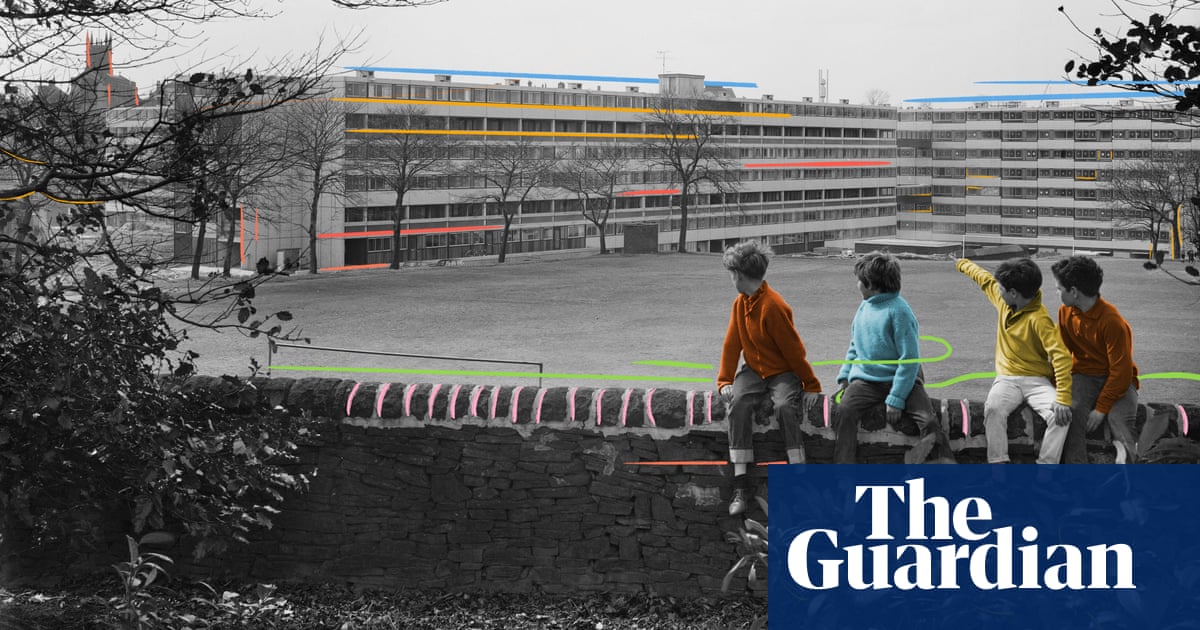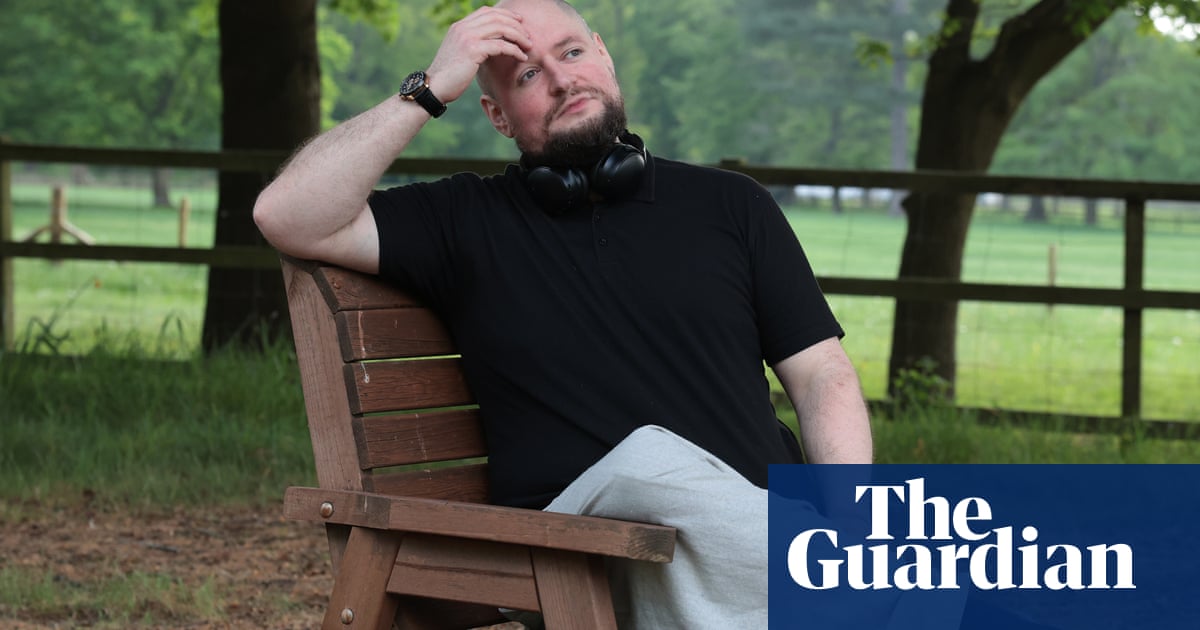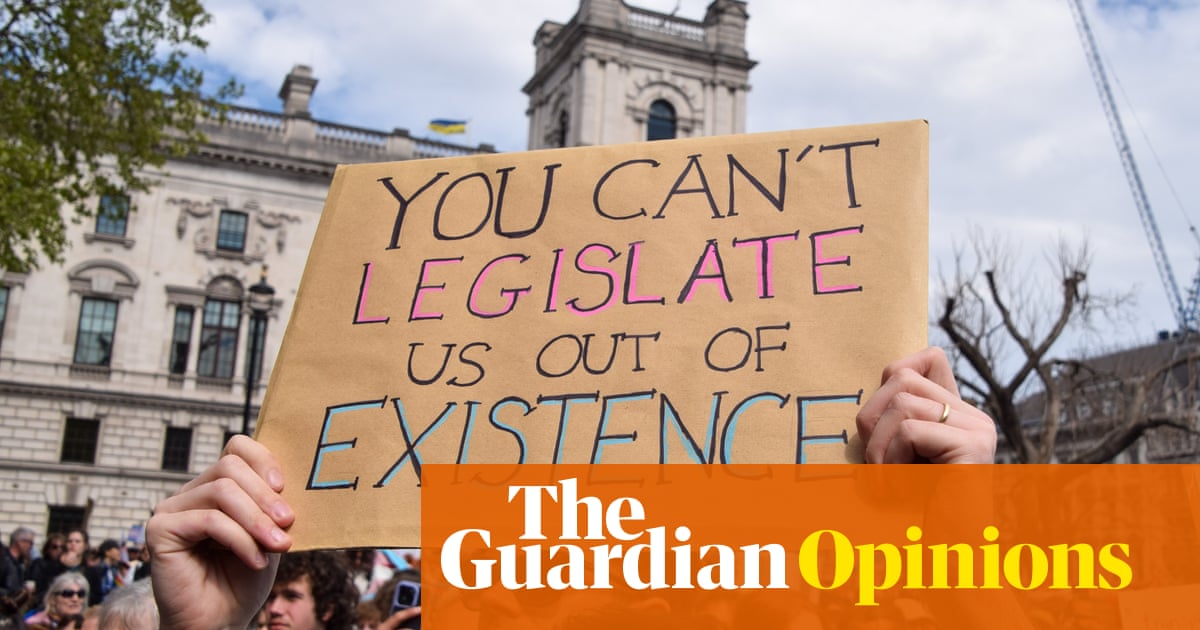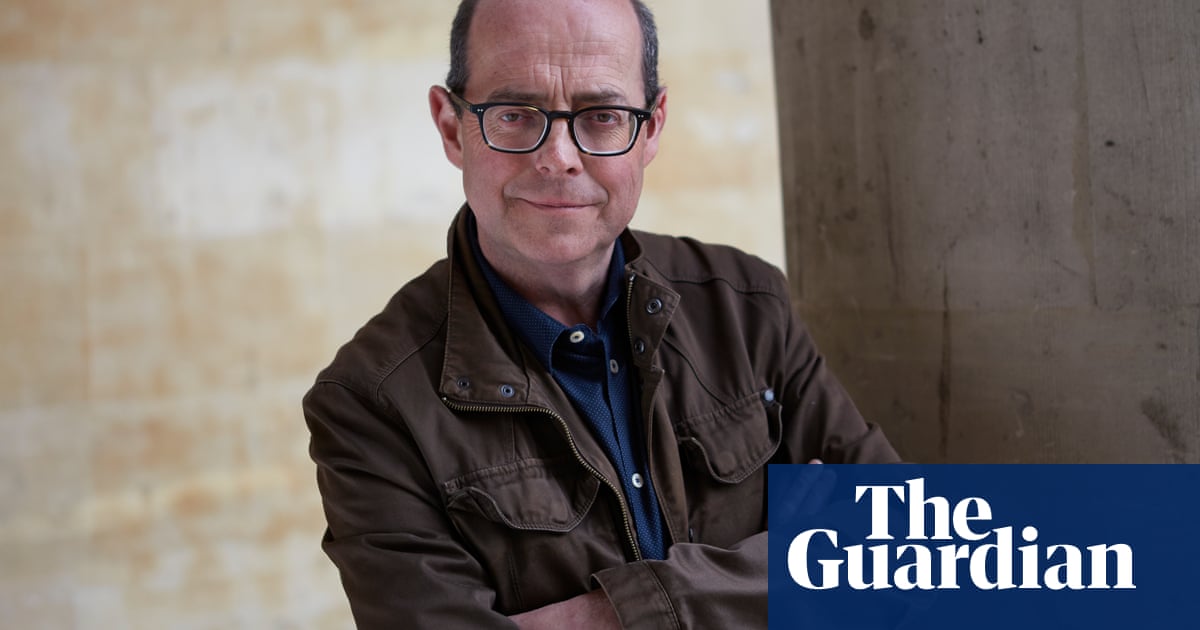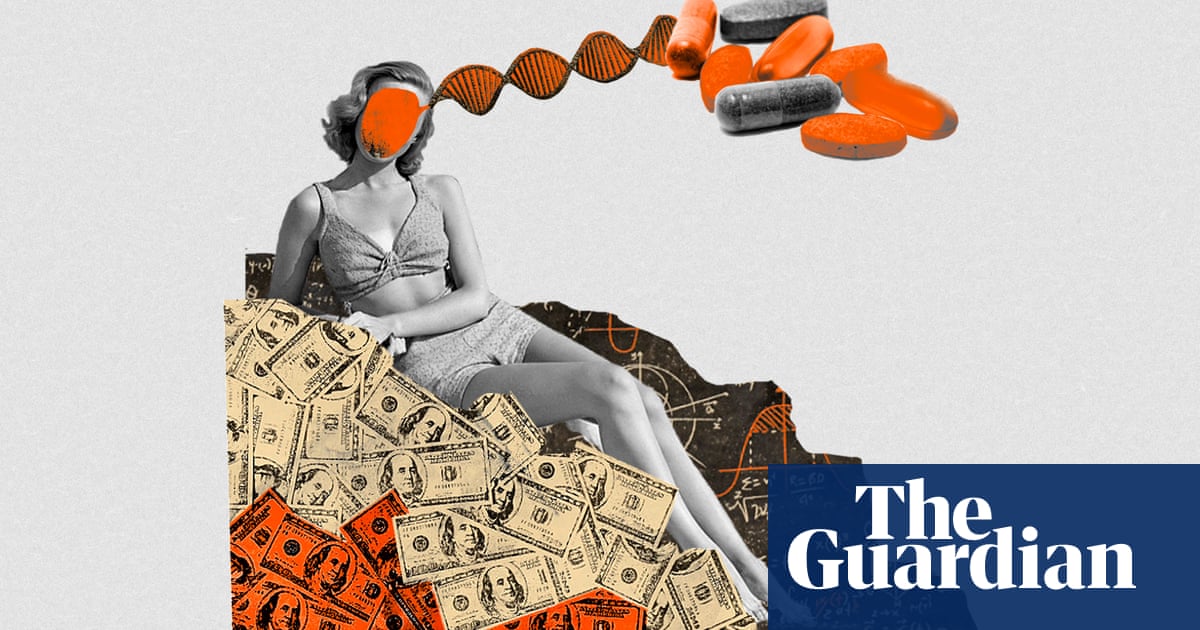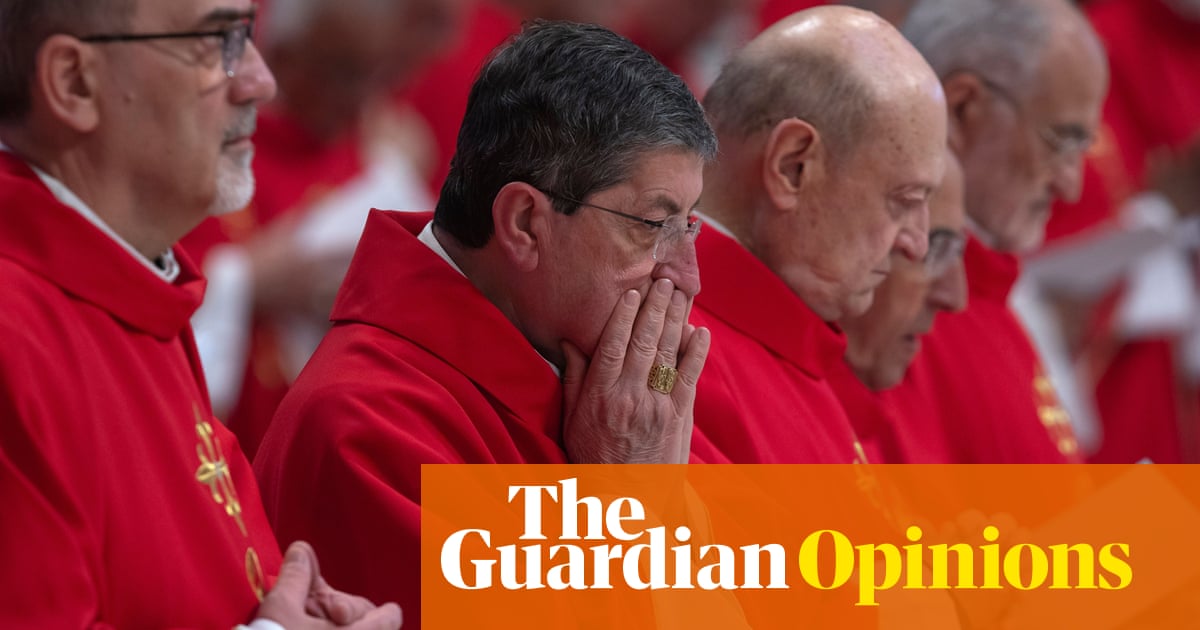Donald Trump, it could be said, takes a breezy, Sam Cooke style approach to history.
Like the legendary “king of soul” in his 1960 hit Wonderful World, the US president has admitted to not knowing much about historical events or figures of the past – even when faced with authorities on the subject.
Recalling a conversation at Mar-a-Lago shortly after Trump’s 2016 election victory, the American historian Douglas Brinkley recently recounted his shock when Trump – who has mused about having his name carved on Mount Rushmore alongside the nation’s most celebrated presidents – told him he had never read a book about Abraham Lincoln.
“He was thinking about what he would do for his inaugural address, and he said he knew nothing about past history,” Brinkley told a webinar organized by the Carnegie Endowment for International Peace.
“It startled me, because when you talk to politicians, they even make up books. They pretend they read a lot. He just kind of shrugged it off and told me that he was a visual guy. That translated as his sense of history in a true sense began with John F Kennedy.”
Ignorance, however, appears to be no barrier as Trump seeks to grasp control of the US’s historical narrative in the run-up to next year’s landmark celebration of the 250th anniversary of the declaration of independence, also known as the semiquincentennial.
Under an executive order issued in January, the president has started to churn out his own approved version of US history that professional historians fear will resort to the tried and tested authoritarian playbook of airbrushing out inconvenient and inglorious chapters that do not align with his vision of American greatness.
“He is not now and never has been a student of history, but is basically a restorationist,” said Jonathan Alter, a historian and biographer of several US presidents, including Jimmy Carter, Barack Obama and Franklin Roosevelt. Alter described a “restorationist” as a “political figure who operates on the politics of nostalgia”.
“He’s ignorant of economic history, he’s ignorant of political history. And his idea for the 250 is to use it as a way to celebrate him,” Alter added. “We don’t know yet exactly how he’ll hijack that event next year, but he will certainly try to do so.”
As a first step, Trump’s order established himself chair of a White House taskforce 250 and vowed a “grand celebration” to mark the country’s 250th birthday on 4 July 2026 and “other actions to honor the history of our great nation”.
One of those was under way last month when the first of a series of short videos, entitled “The Story of America”, was posted on the White House 250 website. The videos were produced in partnership with Hillsdale College, a conservative Christian institution in Michigan.
In the opening video, the college’s president, Larry Arnn – a former research director for Winston’s Churchill official biographer, Sir Martin Gilbert – drew similarities between Lincoln and Trump, citing the current president’s signature slogan “Make America Great Again”.
“He has a famous slogan that I will not repeat here, but everybody knows what it is, and it ends with the word again,” said Arnn, who did not respond to the Guardian’s interview request. “He wants to do something again, something that’s already been done … And it places him somewhere near the politics of Abraham Lincoln.”
In another, perhaps unintended, parallel, Arnn, describing the text of the independence document, recounts how the founding fathers justified the declaration by asserting that King George III “violated his rightful powers by invading the authority of the legislature, which indicates separation of powers would be right, and that he has interfered with representation, our ability to elect our government, which means consent of the governed … and … interfered with the judicial branch”.
The videos are being rolled out weeks after Trump, in another executive order, called for a radical makeover in how the country’s past is presented in federally funded museums such as the Smithsonian, and national parks.
The administration has also unveiled plans for a national garden of American heroes, with the National Endowment for the Humanities offering partial funding for life-size sculptures of 250 notable figures from the country’s past.
Yet with critics accusing the president of defying court orders, usurping powers normally reserved for Congress and of behaving like a despot, Arnn’s narrative inadvertently exposes the political risks to Trump of trying to identify himself with America’s revolutionary founders.
The problem for Trump, argued Johann Neem, a professor of US history at Western Washington University, is that the revolution was a rebellion “against tyranny and arbitrary power” of the type that he is now trying to wield.
“Any continuity between the actual political meaning of the revolution and what Trump is doing to our constitution is false,” he said. “Anybody who teaches about the American revolution knows that the thing the founders feared the most is someone like Donald Trump – someone who would be lawless and and have arbitrary power, that’s not limited by the rule of law.”
Trump’s bid to annex the historical narrative is part of a wider culture war, historians said, fueled in part by leftwing discourses on the central position of race in the national story. Those views were exemplified by the New York Times’s 1619 Project, which takes a critical view of some of the most revered figures in the American revolution and their attitudes to slavery.
The Pulitzer-winning project drew a splenetic response from Trump, who attacked it as “totally discredited” and typical of a leftwing critique that “defiled the American story with deceptions, falsehoods and lies” at a White House history event in 2020.
“This project rewrites American history to teach our children that we were founded on the principle of oppression, not freedom,” he told the event.
In response, he commissioned a 1776 report – released in the final days of his first term – which drew up plans for a “patriotic education” that would refute teachings on issues like systemic racism and critical race theory. Critics accused the report of distorting the country’s history of racism and painting a misleadingly benign picture of some of the revolution’s slave-owning founding fathers and misappropriating quotes from Martin Luther King.
Neem called Trump’s perspective a “hyper-nationalist overreaction” to what he called “a post-American approach” adopted by some left-leaning historians who depicted racism as so central to the country’s founding principle, that it left ordinary citizens feeling there was little to celebrate. The results, he warned could be a “saccharine” and simplified version of America’s often complex national story that would amount to “an abuse of history” and serve an “autocratic playbook.”
“He is speaking for a group of intellectuals and activists that truly believe progressives have corrupted American culture and have stolen their country,” Neem said. “The critical turn in American history is just one piece of a larger problem and and they see historians, as well as other experts, as a kind of impurity.”
Some historians are fighting back against Trump’s encroachment onto their territory.
Heather Cox Richardson, a professor of history at Boston College and a specialist in the US in the 19th century, is producing a series of 90-second videos called Journey to American Democracy she hopes will eventually be watched in school classrooms.
She predicted that Trump’s efforts to control history through the taskforce 250 was doomed to fail, because other historians were seeking to project “grassroots history” to a wider audience online.
“We are looking at the different ways in which our always multicultural society constructed a nation, and that is a story of extraordinary triumph, but also of missteps and tragedy,” said Cox Richardson. “The idea that we had a perfect past that needs to be recovered is an ideology in service to an authoritarian, strongman, and one of the things you see with the rise of a strongman is the attempt to destroy real history.”
“But if you look around the United States now, you see that the ability to affect culture is slipping away from the president’s hands. The more he talks about it being this sanitized work of a few ideologically pure white leaders in the past, the more other people will speak up and say, ‘Well, no, not really.’”

 5 hours ago
8
5 hours ago
8





